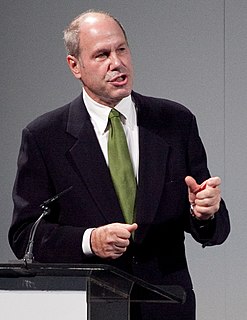A Quote by Karl Wilhelm Friedrich Schlegel
Whoever could properly characterize Goethe's Meister would have actually expressed what is the timely trend in literature. He would be able, as far as literary criticism is concerned, to rest.
Related Quotes
The French Revolution, Fichte's Theory of Knowledge, and Goethe's Wilhelm Meister are the three greatest tendencies of the age. Whoever takes offence at this combination, and whoever does not consider a revolution important unless it is blatant and palpable, has not yet risen to the lofty and broad vantage point of the history of mankind.
What was needed was a literary theory which, while preserving the formalist bent of New Criticism, its dogged attention to literature as aesthetic object rather than social practice, would make something a good deal more systematic and 'scientific' out of all this. The answer arrived in 1957, in the shape of the Canadian Northrop Fryes mighty 'totalization' of all literary genres, Anatomy of Criticism .
I don't have a very high opinion, actually, of the world of criticism - or the practice of criticism. I think I admire art criticism, criticism of painting and sculpture, far more than I do that of say films and books, literary or film criticism. But I don't much like the practice. I think there are an awful lot of bad people in it.
It is a shallow criticism that would define poetry as confined to literary productions in rhyme and meter rhythm. The written poem is only poetry talking, and the statue, the picture, and the musical composition are poetry acting. Milton and Goethe, at their desks, were not more truly poets than Phidias with his chisel, Raphael at his easel, or deaf Beethoven bending over his piano, inventing and producing strains, which he himself could never hope to hear.
It makes one hope and believe that a day will come when, in the eye of the law, literary property will be as sacred as whiskey, or any other of the necessaries of life. It grieves me to think how far more profound and reverent a respect the law would have for literature if a body could only get drunk on it.






































